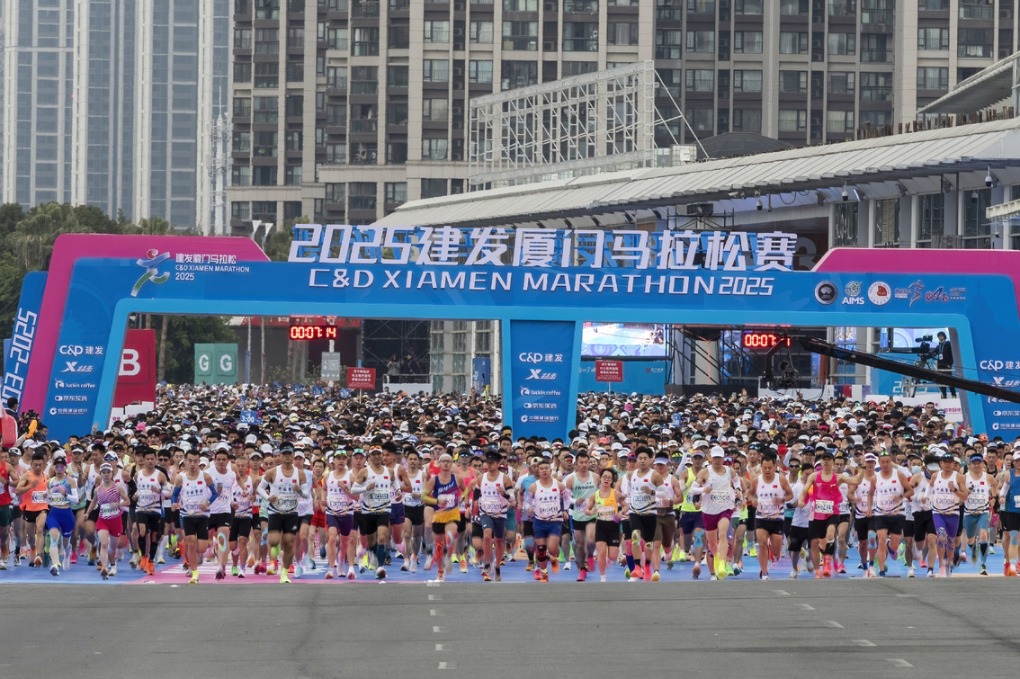Teamwork key to netting government's grassroots goals

Merging the passion of those involved in China's grassroots game with the robust and systematic support provided by the government is proving a winning combination for the nation's soccer push.
The 1st China International Youth Football Education and Development Summit Forum, held in Beijing last Friday, provided the latest example of that cooperation.
The event brought together officials from regional soccer governing bodies, grassroots and professional coaches and industry experts to share their ideas and discuss the future of the game here.
During the summit, Beijing Football Association president Yang Haibin announced a 12-step plan to boost youth soccer development in the capital, including recruiting 100 elite coaches, increasing the number of grassroots matches for children and implementing a new scouting system.
Beijing's effort is part of a bigger plan.
The 14-page Medium and Long-Term Plan of Chinese Football Development was published by China's National Development and Reform Commission in 2016, outlining a vision of the sport's progress here until 2050.
It details a number of measures to attain its goals, including pitch construction and favorable financial and taxation policies for soccer clubs.
As far as infrastructure is concerned, the plan aims to improve the country's pitch allocation to one for every 10,000 people, for the period 2021-2030. At the moment, that ratio is more like half a pitch per 10,000.
The country's soccer blueprint also envisages that, by 2020, 20,000 soccer academies will be in operation in China, with 30 million elementary and middle school students playing the sport.
The Chinese Football Association has also been focusing on the next generation.
According to a study by accounting firm PricewaterhouseCoopers, the Chinese Super League spent 32 million yuan (about $4.8 million) on youth training in 2016, with that figure set to rise next season.
Also, from the start of next season, the number of under-23 Chinese players that CSL and second-tier clubs use must at least equal the number of foreigners they use, while teams must have at least three under-23 players in their squads and must start at least one of them in matches.
Coach Gao Yuan, a 28-year veteran of the Chinese grassroots game, bears witness to the encouraging progress made in recent years.
"I have been to many other countries and China's soccer infrastructure is even better than Japan and some European countries," he said.
"Compared with decades ago, we now have huge support from the government. I'm so proud to make a contribution to the development of Chinese grassroots soccer."
shifutian@chinadaily.com.cn
Most Popular
- Pistons tame Wolves despite Edwards' heroics
- City shows a bit more Pep with successive wins
- Arteta aghast at Brighton penalty as Gunners misfire
- A marathon year for Belgian amateur
- As life without Butler begins, Heat fails to ignite
- Gauff, Fritz lead US to United Cup tennis title






























